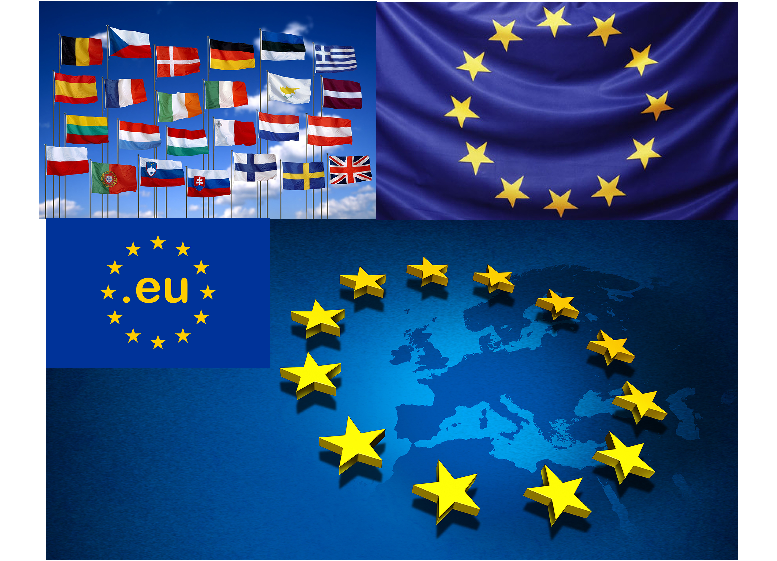German Foreign Minister, Sigmar Gabriel, on Tuesday, urged European countries to unify their Africa policies, saying they still spoke with too many different voices.
He made the call after meeting African Union Commission Chairman, Moussa Faki Mahamat in the Ethiopian capital, Addis Ababa.
He said “there are often different approaches to developments in Africa.”
The minister said Mahamat had encouraged Europe to speak in unison.
Gabriel came to Ethiopia from Somalia, where he pledged to double Germany’s aid to the drought-stricken country to about 140 million Euros (153 million dollars).
Europe and Africa have close historical, cultural and geographical ties. EU-Africa relations are based on the 2000 Cotonou Agreement with African, Caribbean and Pacific (ACP) countries, which grew out of the 1975 Lomé Convention.
Africa-EU relations were framed by the Joint Africa-EU Strategy (JAES) adopted by 80 African and European Heads of State and Government at the Lisbon Summit in 2007.
The strategy encompasses the Africa-EU Partnership and the political framework which defines bilateral relations.
Its goal is a partnership between equals that will jointly tackle issues of mutual concern. It was reaffirmed with a positive spin at the 4th EU-Africa Summit held in April 2014 in Brussels.
Annual College-to-College (C2C) meetings between the European Commission and African Union Commission provide political guidance to transform this partnership into concrete cooperation.
In adopting the 2014-2017 roadmap, the Brussels summit focused on the cooperation on five strategic areas: peace and security, democracy, good governance as well as human rights, human development.
Others are sustainable and inclusive development and growth and continental integration, and global and emerging issues. (dpa/ NAN)
FAT/HA

